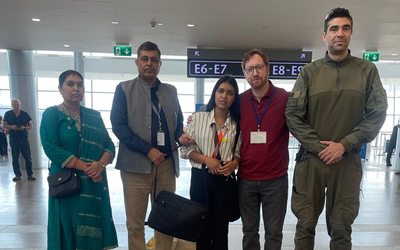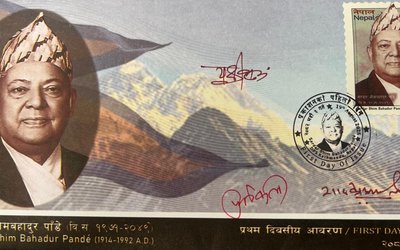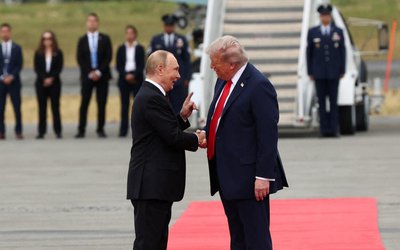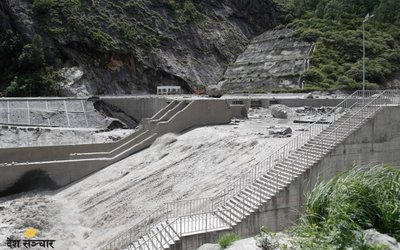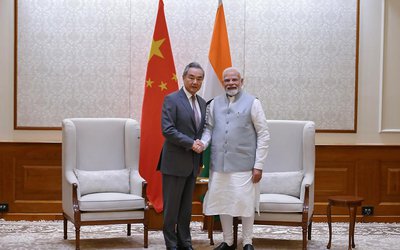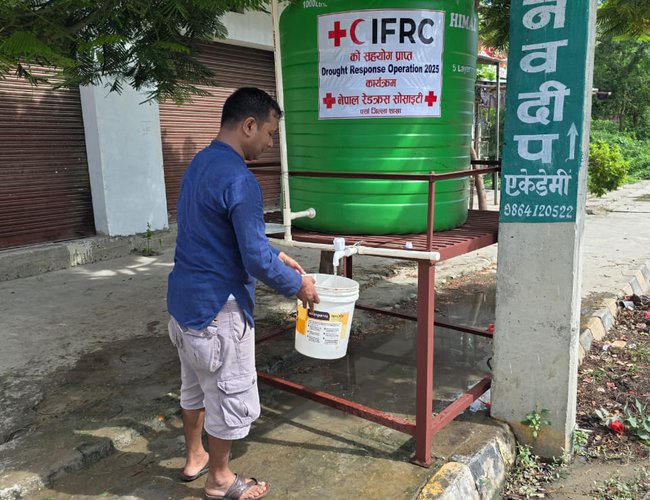
The European Union is providing €200,000 in humanitarian funding to assist around 1.2 million people affected by the drought in Nepal.
This funding will support the Nepal Red Cross Society (NRCS) in delivering relief assistance, including water, sanitation, and hygiene activities.
According to a press release issued by The EU, the aid will benefit 60,000 people directly and is part of the EU's contribution to the Disaster Response Emergency Fund (DREF) of the International Federation of Red Cross and Red Crescent Societies (IFRC).
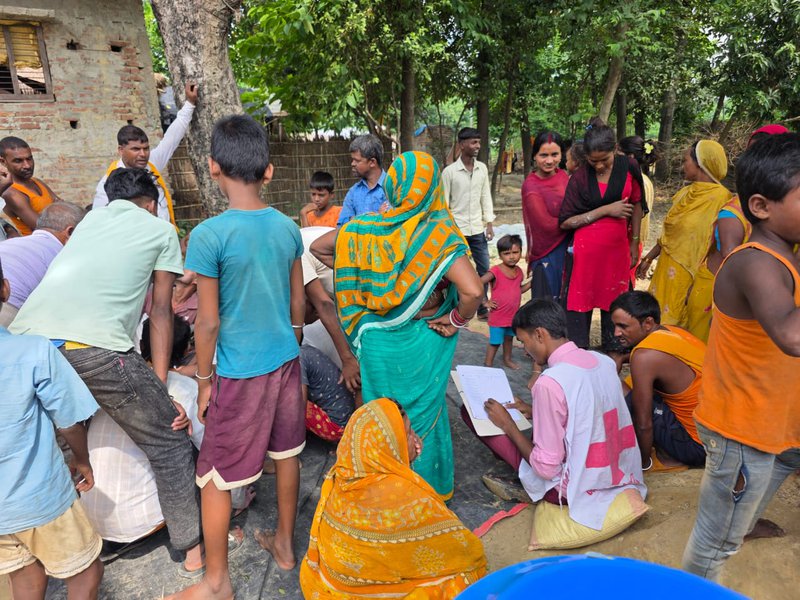
Two and a half months into the monsoon season in Madhesh Province, there is still a severe lack of rainfall, causing a critical shortage of drinking water and impacting agriculture, sanitation, and livelihoods. All 136 municipalities in the province are facing drought conditions, posing a threat to food security in Nepal's primary rice-growing area.
The European Union and its Member States are prominent donors of humanitarian aid globally, demonstrating solidarity with those in need. Their relief efforts aim to save lives, alleviate suffering, and uphold the dignity of populations affected by natural disasters and conflicts.
Through its Civil Protection and Humanitarian Aid Operations department, the European Union assists millions of victims annually, providing aid based on humanitarian needs from its headquarters in Brussels and global field offices.
The European Union has signed a €12 million humanitarian delegation agreement with the International Federation of Red Cross and Red Crescent Societies (IFRC) to support the Federation's Disaster Response Emergency Fund (DREF). Funds from the IFRC-DREF are mainly allocated to “small-scale” disasters – those that do not give rise to a formal international appeal.
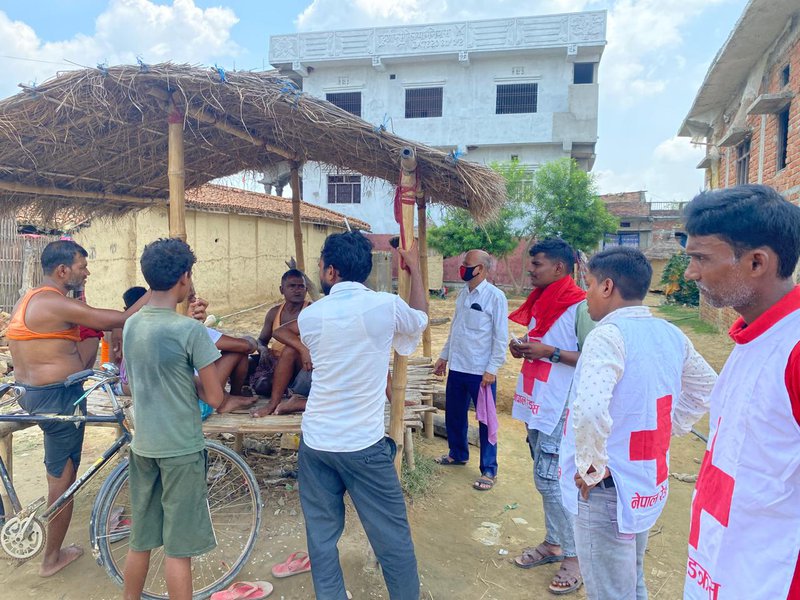
The Disaster Response Emergency Fund was established in 1979 and is supported by contributions from donors. Each time a National Red Cross or Red Crescent Society needs immediate financial support to respond to a disaster, it can request funds from the DREF. For small-scale disasters, the IFRC allocates grants from the Fund, which can then be replenished by the donors. The delegation agreement between the IFRC and ECHO enables the latter to replenish the DREF for agreed operations (that fit within its humanitarian mandate) up to a total of €12 million.
- Bipin Joshi’s Family Visit to Israel
- Aug 21, 2025
- Nepal Claims Kalapani Region Including Lipulek Integral Part Of Its Territory, India Rejected The Stand
- Aug 21, 2025
- Prime Minister to visit China Before India
- Aug 21, 2025
- Weather Forecast: Generally Cloudy Across The Hilly Areas of Nepal With Moderate Rain Is Likely To Occur In Koshi, Bagmati Amd Gandaki Provinces
- Aug 21, 2025
- Consul-General of Nepal for Hong Kong Dr. Lekhak Called on HKSAR Secretary For Security
- Aug 20, 2025
